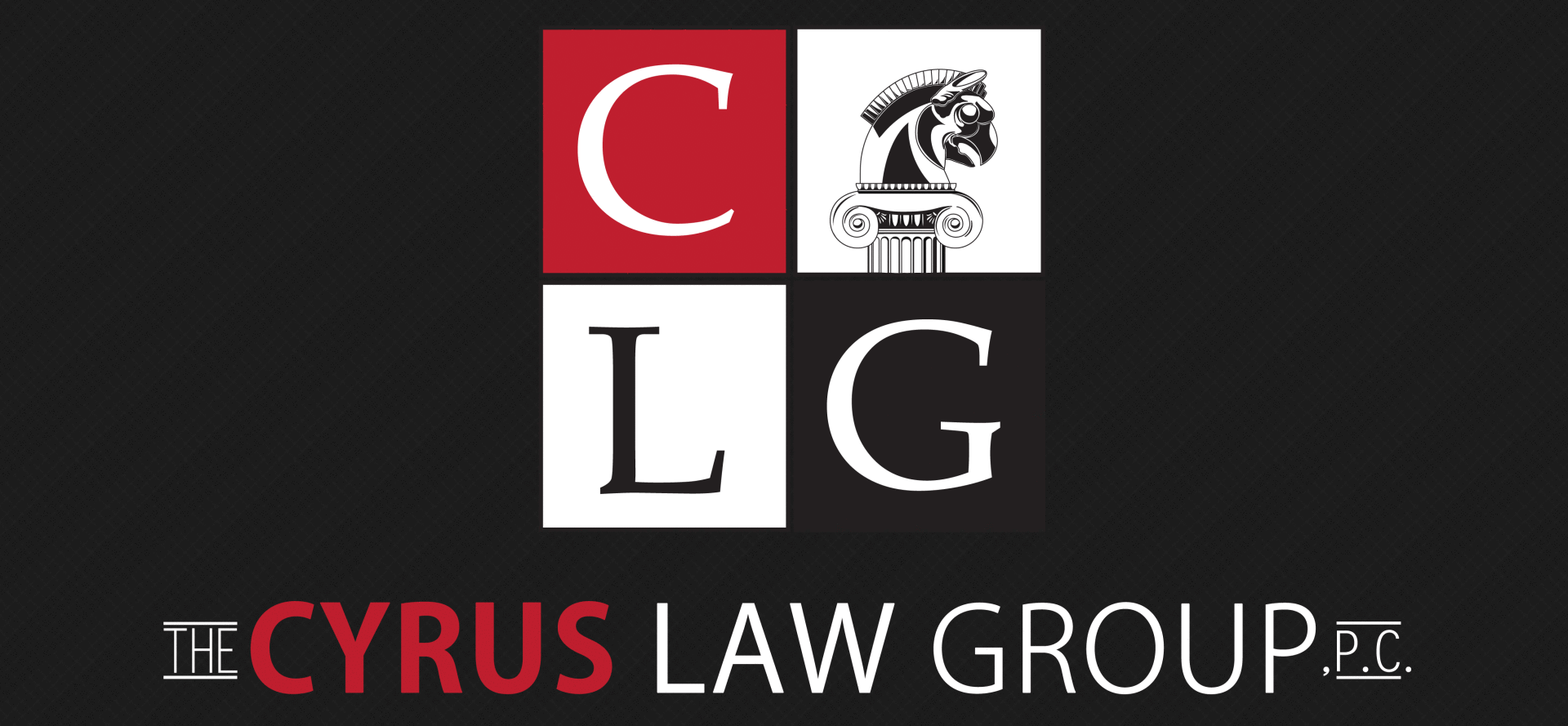The man who made the 911 call reporting Prince’s death could face criminal prosecution. But the story is convoluted and it is not clear yet that Andrew Kornfeld will be charged for his call or any other involvement in the pop star’s death.
A thicket of intersecting and conflicting laws and the specifics surrounding the singer’s demise have to be untangled first. Let’s take a look at what’s known about this complicated story and the many interesting issues it raises.
Good Samaritan?
Minnesota, where Prince died, has a law prohibiting prosecution for a drug crime if a person calls for assistance in an overdose emergency. That is what Andrew Kornfeld allegedly did after he arrived in Paisley Park and found Prince dead.
Kornfeld is the son of a Howard Kornfeld, a doctor who runs a drug rehabilitation clinic in a neighboring state. The senior Kornfeld is a licensed physician and he sent his son in his stead to Minnesota to deliver pills to Prince meant to wean from his alleged pain killer addiction. This was done in response to a request for assistance from Prince’s representatives reportedly.
The problem is that Kornfeld junior is not yet a doctor, although he is a medical student. Transporting the pills across state lines although he had no license to prescribe them is a federal offense, and reportedly the Drug Enforcement Agency told TMZ that it’s considering charging the younger Kornfeld for the crime.
Raising Questions
Meanwhile, citing the Minnesota statute, the Kornfeld family attorney says that Andrew is immune from prosecution. His reasoning is that drug charges for 911 callers in overdose situations is barred.
This raises interesting questions about the intersection of state and federal laws. It’s not obvious that the state law will necessarily influence federal drug enforcement prosecution decisions or even can, legally speaking. Even if it does, there seems to be a potential hole in the Kornfeld defense.
According to the Minnesota law protecting 911 callers, the immunity from prosecution does not apply to people who expect to receive or do receive compensation for making the call to emergency services. Given that Kornfeld crossed state lines to make this fateful house call to the pop star, it’s likely that the family expected to get paid. But it’s just too difficult to say what relevance this has without more information.
Considering a Case
When considering a criminal case, every detail matters, including the wording of statutes on which the charge and defense are based, and the facts known about what happened, as well as the interplay of applicable laws. Only if Kornfeld is charged will it be possible to meaningfully analyze the authorities’ response to his 911 call. For now, we must content ourselves with speculation surrounding the singer’s death.
Follow FindLaw for Consumers on Facebook and Twitter (@FindLawConsumer).
Related Resources:
- Prince Is Dead: Who Owns the Music? (FindLaw’s Celebrity Justice)
- Prince’s Heirs: Star’s Sister Says He Died Without a Will (FindLaw’s Celebrity Justice)
- Estate Planning Principles and Drilling Prince’s Vault (FindLaw’s Celebrity Justice)
- Memory Lane Trending: Arsenio Hall Sues Sinead O’Connor Over Prince Post (FindLaw’s Celebrity Justice)
